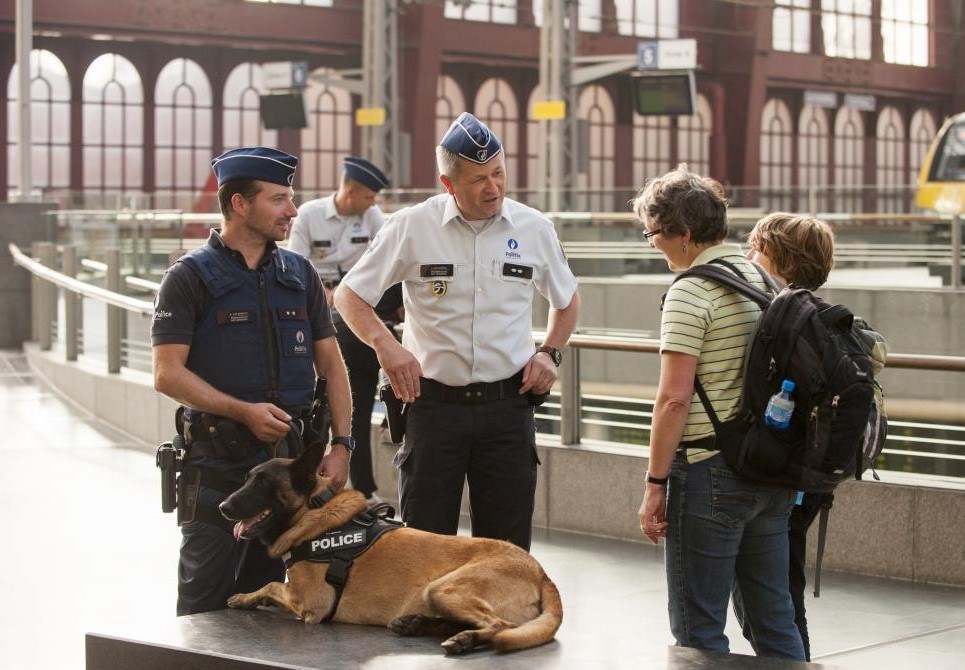The new measures announced on Friday for the relaxation of some aspects of the current confinement present a new problem for police officers, according to union representatives.
The trouble is that the implementation of the original measures was only latterly clarified. In a circular from the college of prosecutors-general, police were instructed to apply the law with discretion, when enforcing such measures as gatherings, social distancing, non-essential journeys and the exception made for exercising outside.
In the month from the beginning of the lockdown in mid-March, the police issued 36,114 fine notices for people who were in breach of the rules. More than half were aged between 18 and 29, a group which makes up only 10% of the population.
But now the rules will change on May 4, and again as the successive steps outlined by the national security council on Friday come into force.
That means more people travelling to work; more shops open; new rules on the wearing of masks on public transport and in schools; relaxed rules on sport outside and gatherings.
For Eddy Quaino, of the CGSP-Police union, a clear message from the authorities is crucial both for the police themselves, and for the public who need to know what is and is not permitted.
“Many more people will be going back to work,” he said. “Group activities will multiply. There will be many more journeys made. Trying to evaluate what is essential and what isn’t will be a nightmare. We need to have more objective criteria to refer to.”
When the measures announced yesterday are finally translated into a royal decree and published, some more clarity will hopefully be on offer, he said.
Where there is any doubt, the police will have to display a measured and proportionate response. However where the breach is more flagrant, the existing reaction will still apply.
“When the offence is clearly out of order, such as a barbecue outside of a restricted circle of people, a private party or an unauthorised sporting event, we know how to respond.”
The mandatory wearing of a face mask in certain situations is less of a problem – other than the fact that the police themselves are short of the necessary protective equipment.
Railway and metro stations, as well as tram and bus stops where the mask is also required, are open public places where the police have easy access.
On board public transport vehicles, however, enforcement will be left to the transport authorities Stib/MIVB, De Lijn, TEC and the rail authority SNCB/NMBS.
“They have the possibility of refusing access to their vehicles in the interests of the health of other passengers. The police should be called on to intervene only as a last resort.”
Alan Hope
The Brussels Times

